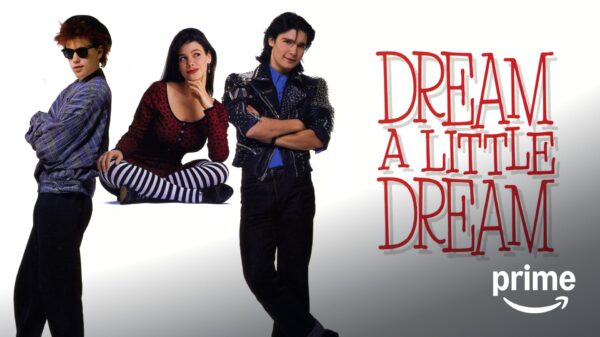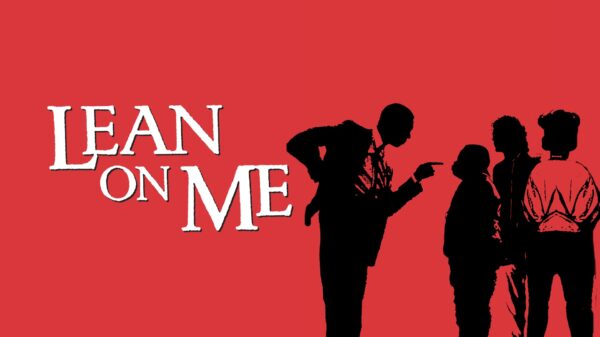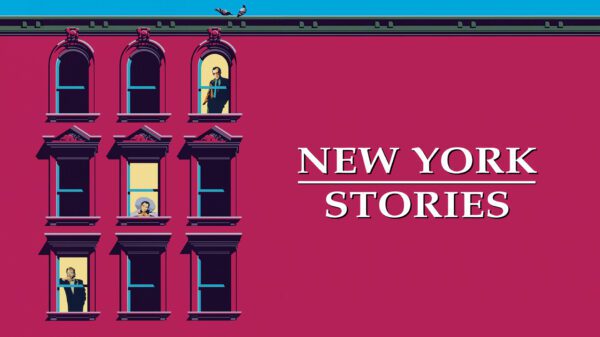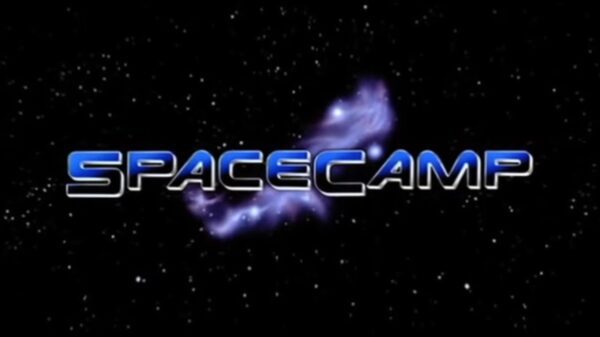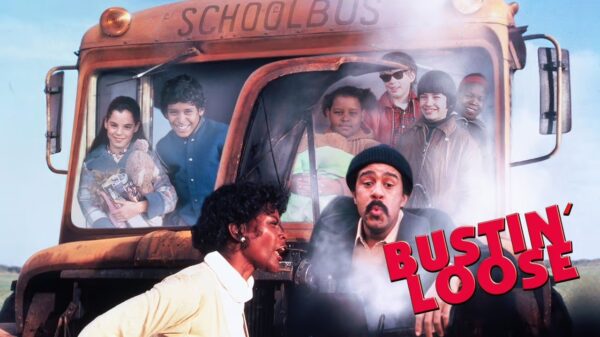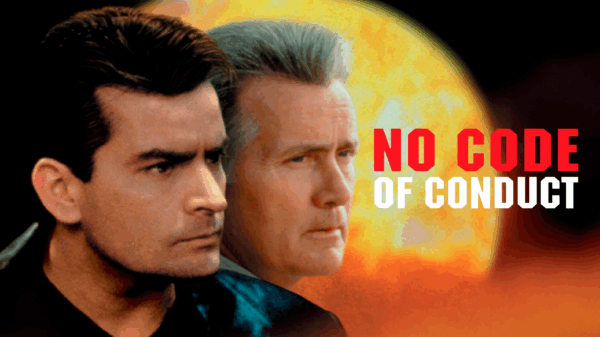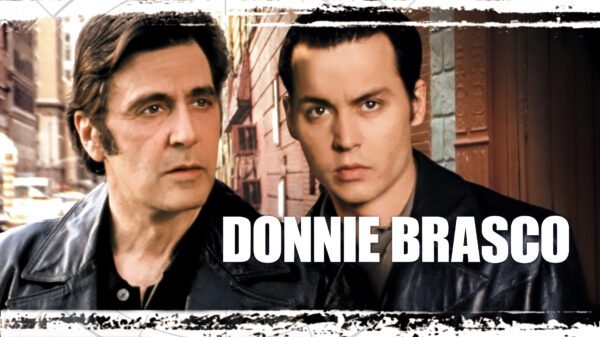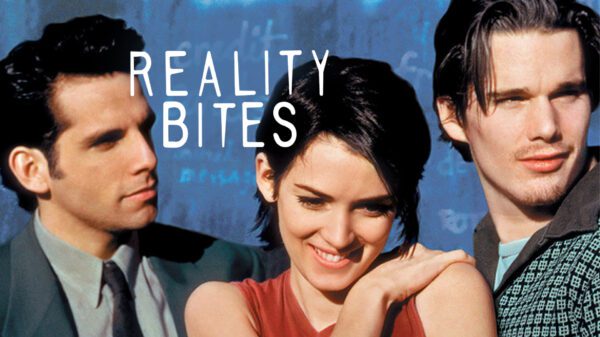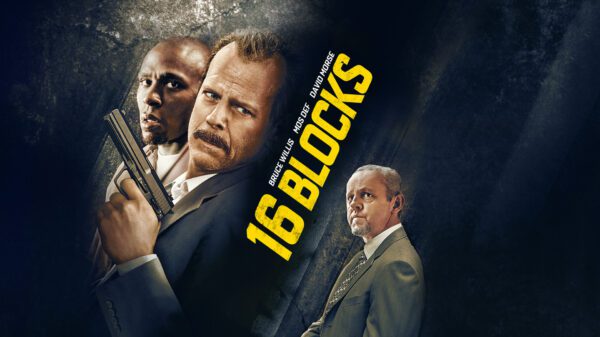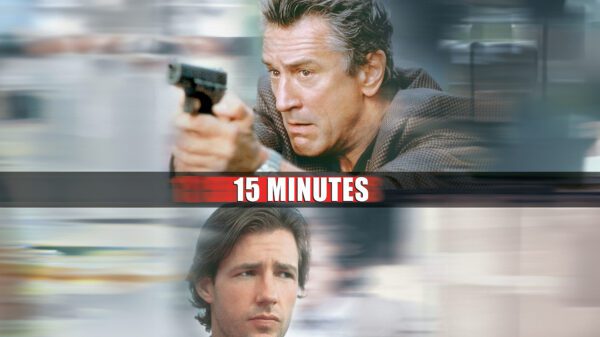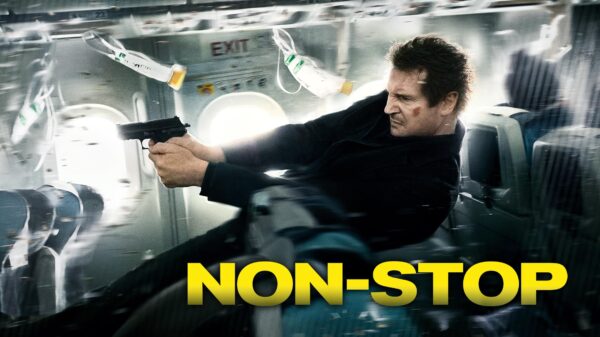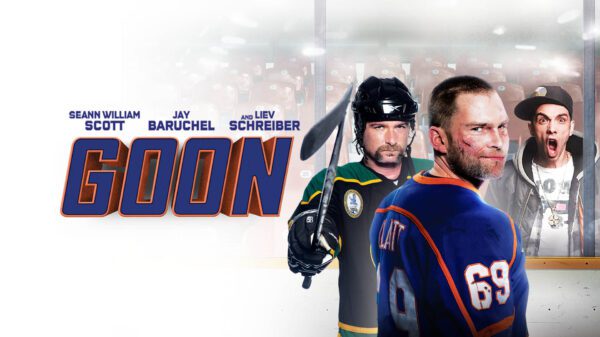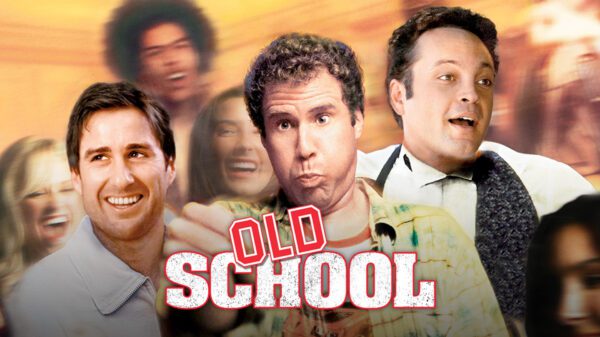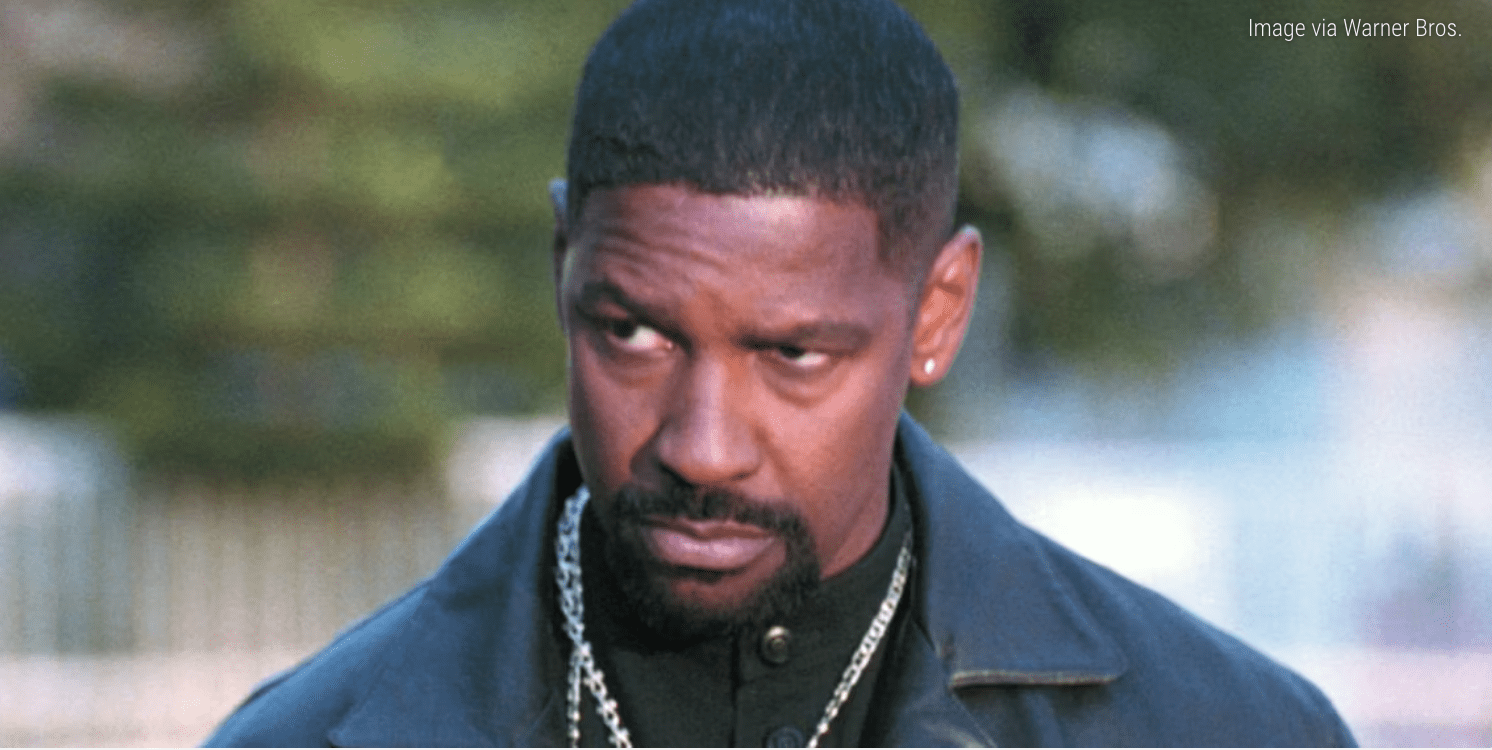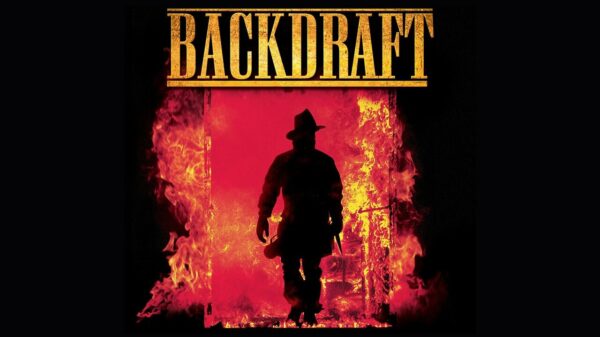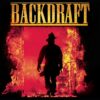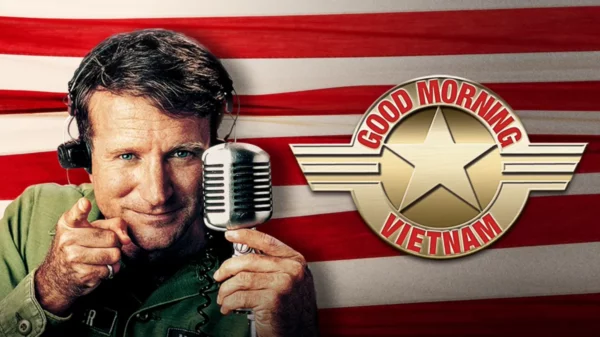Money Talks, Brett Ratner’s directorial debut, is a high-octane action-comedy starring Chris Tucker as Franklin Hatchett, a small-time hustler and ticket scalper wrongfully accused of murder after a botched police bust. He crosses paths with James Russell, a desperate TV journalist played by Charlie Sheen, whose career is spiraling.
The unlikely pair, tied by circumstance, embark on a chaotic journey across Los Angeles, dodging cops, gangsters, and mercenaries while searching for a cache of stolen diamonds to clear Franklin’s name.
Their escapades include a dinner infiltration, car chases, and a multi-party shootout at the Los Angeles Memorial Coliseum.
Tucker’s rapid-fire comedic timing and infectious energy define the film, making Franklin a lively, charismatic protagonist.
Sheen’s straight-man, understated performance as Russell perfectly balances Tucker’s wild antics, creating classic buddy comedy chemistry.
Heather Locklear and Paul Sorvino add depth as Russell’s fiancée and her father, while Paul Gleason, Daniel Roebuck, Veronica Cartwright, and Michael Wright round out the cast.
As Ratner’s first feature, Money Talks is notable for mixing sharp dialogue, relentless pacing, and slapstick action, establishing a formula Ratner and Tucker would revisit successfully in the Rush Hour series.
The film marked a turning point for Tucker, propelling him from standout supporting roles to box-office star and setting the stage for his iconic collaborations with Jackie Chan.

Chris Tucker and Charlie Sheen in Money Talks (Photo/New Line Cinema)
Reception for Money Talks
Money Talks grossed $10.7 million on its opening weekend, finishing second at the box office.
The film would gross $40.9 million in its theatrical run.
Roger Ebert gave the film three out of four stars in his review.
Legacy
Money Talks stands out for its rapid banter and charismatic leads. Tucker’s performance, often compared to the comedic bravado of Eddie Murphy or Jim Carrey, showcased his improvisational genius and solidified his influence on action-comedy in Hollywood.
Today, it’s considered a cult favorite, representing an era when buddy comedies thrived on chemistry and clever writing, and helping launch both Ratner’s directing career and Tucker’s ascent to stardom.


